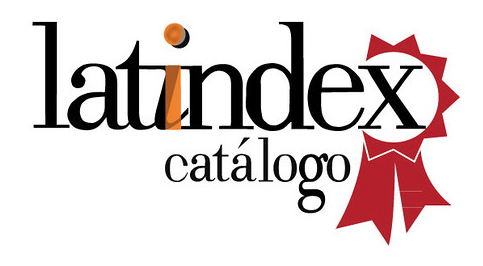Tres décadas de planificación regional en Portland (Oregón).
Resumen
Índice- Síntesis histórica.
- Metro y la planificación regional.
- La crítica.
- Conclusiones.
- Bibliografía.
Resumen
Se ha dicho que la ciudad de Portland es la más 'europea' de Estados Unidos.Tiene un desarrollo relativamente compacto, un centro llamativo y vivo, unos barrios llenos de vida y un alto índice de utilización de modos de transporte ajenos al automóvil, en comparación con otras ciudades estadounidenses, especialmente las de su mismo tamaño. Nada de todo esto ha ocurrido en Portland por casualidad. En el presente artículo se detalla la historia reciente de la planificación en la región y se sopesan las conclusiones que cabe deducir de esas iniciativas hasta la fecha. El artículo empieza con una breve historia del desarrollo urbano en la región, seguida de una descripción de las grandes iniciativas de planificación regional de Metro, pues así se llama la administración regional. Se ponderan esos planes y métodos de planificación y se propone luego lo que se desprende de la experiencia de Portland, que puede resultar de utilidad para otras regiones del mundo.
Este artículo está tomado en parte de 'It’s not an Experiment: Regional Planning at Metro, 1990 to the Present', del mismo autor, publicado hace poco en The Portland Edge: Challenges and Successes in Growing Communities, obra compilada por Connie P. Ozawa (Island Press, 2004). A los lectores deseosos de disponer de información complementaria sobre la planificación de la región de Portland les interesará sin duda esta obra.
Abstract
It has been said that the city of Portland is the most 'European' city in the United States. It has a relatively compact layout, an attractive and bustling centre, lively neighbourhoods and a high usage rate for means of transport other than the private car (in comparison with other North American cities, particularly those of a similar size). In Portland, none of this has happened by chance.This article details the recent history of planning in the region and evaluates the conclusions that may so far be drawn from the initiatives. It begins with a brief history of urban development in the region, followed by a description of the main regional planning initiatives of Metro, as the regional administration is called. Consideration is given to the plans and planning methods and proposals are made regarding what can be drawn from the Portland experience and what may be of use to other regions around the world.
The article has been taken partly from 'It’s not an Experiment: Regional Planning at Metro, 1990 to the Present', by the same author, which was recently published in The Portland Edge: Challenges and Successes in Growing Communities, a work compiled by Connie P. Ozawa (Island Press, 2004). Without doubt, this publication will be of great interest to readers who wish to obtain further information about planning in the Portland region.
Descargas
Descargas
Publicado
Número
Sección
Licencia
El copyright del texto y la edición será cedido por los autores a la Revista Urban del Departamento de Urbanística y Ordenación del Territorio (Escuela Técnica Superior de Arquitectura de Madrid - Universidad Politécnica de Madrid).
Esta cesión se realizará mediante la firma y envío vía mail al Equipo Editorial del modelo de carta que se encuentra en la web de la revista.
La revista permite el auto-archivo de la versión post-print (en su versión editorial) después de un periodo de 12 meses tras la publicación de la revista. La Revista Urban autoriza este auto-archivo en páginas web personales de los autores y repositorios institucionales y/o temáticos.
Urban is an open access journal which means that all content is freely available without charge to the user or his/her institution. Users are allowed to read, download, copy, distribute, print, search, or link to the full texts of the articles on this journal without asking prior permission from the publisher or the author. This is in accordance with the BOAI definition of open access.









